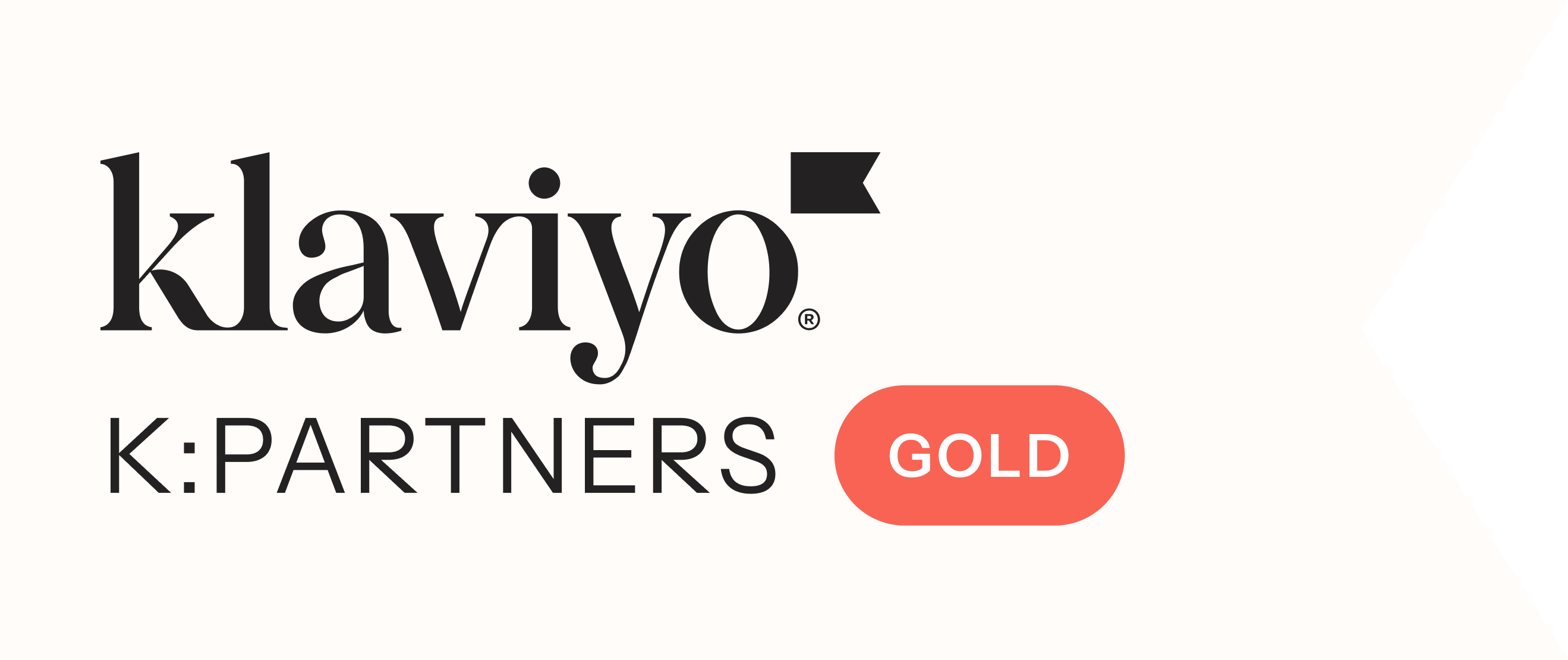Shopify merchants will soon be able to sell directly through ChatGPT conversations.
E-commerce relies on funnels: discovery, click, redirect, cart, and checkout. Each step adds friction, and each redirect risks losing the customer. But with AI now woven into how people plan, search, and shop, the funnel itself is being reimagined.
Enter Shopify and OpenAI. Together, they are collapsing that funnel into a fluid moment where conversation becomes commerce. Hundreds of millions already consult ChatGPT when shopping. All that’s been missing is a “buy” button. Not anymore.
Tobi Lütke, Shopify’s founder and CEO, once envisioned merchants selling “anywhere AI conversations happen.” That future is here. In a post on X, he wrote, “Shopify merchants will be able to sell directly in ChatGPT. We’ve been working with @OpenAI for quite some time so that people can search and buy products in chat, and it’s something we’ve had a hard time keeping quiet. Rollout is coming very, very soon.”
Through a new partnership, Shopify’s vast merchant network is being integrated directly into ChatGPT, making millions of products available for purchase in-chat: instantly, intuitively, and without ever leaving the AI interface.
Here’s what’s new, why it matters, and everything you need to know.
How It Works: Inside Instant Checkout
At the heart of this new model lies Instant Checkout. It is a feature that allows ChatGPT users in the U.S. to complete purchases in a few taps.
Here’s how it works:
- Step 1: A user asks ChatGPT for a recommendation: “What’s a great gift under $50 for a ceramics enthusiast?”
- Step 2: ChatGPT surfaces product options drawn from Shopify (and Etsy) merchants, ranked by relevance rather than paid placement.
- Step 3: If a product supports Instant Checkout, the user clicks “Buy,” confirms shipping and payment details, and the order is placed without leaving ChatGPT.
- Step 4: No redirects. No additional login screens. Just conversational shopping, reduced to its purest form.
- Step 5: For now, Instant Checkout supports single-item purchases, with multi-item carts coming soon.
The Engine: Agentic Commerce Protocol (ACP)
The Agentic Commerce Protocol (ACP) is a new, open standard co-developed by OpenAI and Stripe.
It provides the “language” and infrastructure that lets AI agents (such as ChatGPT), merchants, and users interact seamlessly to complete purchases.
Key features include:
- Cross-platform compatibility: Designed to work across payment processors and commerce platforms.
- Secure payment tokens: Transactions are authorised with encrypted, scoped tokens, keeping user data private and secure.
- Plug-and-play for merchants: Stripe merchants may need just a single line of code; others can adopt ACP through shared payment tokens.
- Merchant-controlled fulfillment: Orders, returns, and customer relationships remain with the merchant, not OpenAI.
- Open sourcing: ACP is being released publicly, encouraging adoption across platforms and ensuring interoperability in the broader AI commerce ecosystem.
ACP is a new commerce language for AI that lets purchases happen anywhere.
The Shopify & OpenAI Integration: What It Means For Merchants
With over a million merchants worldwide, Shopify brings scale and credibility to this integration. But its role is about more than volume. It’s about empowering merchants without disempowering them.
- Product discovery pipeline: Shopify already has massive catalogs with real-time data (inventory, variants, images, pricing). By making that data accessible to ChatGPT, AI can surface millions of merchant SKUs for direct purchase.
- Seamless UX: Instead of sending users to external Shopify stores, commerce can happen in chat, reducing friction and drop-off. Shopify calls this “no links, no redirects, just seamless commerce.”
- Attribution and analytics: Orders via ChatGPT come into the Shopify admin dashboard with clear source attribution, so merchants can see how much business is coming through the channel.
- Brand visibility: ChatGPT clearly displays the merchant’s name with each product, building trust and transparency.
- Choice of flow: Merchants can decide whether to route shoppers through Instant Checkout or their full online store.
As Vanessa Lee, Shopify’s VP of Product, put it: “This will let our merchants show up naturally in AI moments and give shoppers a way to buy without breaking their flow.”
Why It Matters: Implications & Challenges
The implications of this launch extend far beyond Shopify or ChatGPT. This is the rise of what experts are calling agentic commerce. Transactions that happen inside AI conversations, without the need for traditional search or browsing.
For Shoppers
- Unmatched convenience: No more hopping between tabs or sites.
- Trust and clarity: Products are surfaced by relevance, not ad spend.
- Natural discovery: Shopping is part of the conversation, not an interruption.
For Merchants
- New demand channel: A fresh path to consumers already primed to buy.
- Reduced friction: Fewer drop-offs between intent and conversion.
- Future-proofing: Positioning brands where customers increasingly spend time: in AI conversations.
For the Market
- Search disruption: Instead of starting at Google or Amazon, more shoppers may now begin and end inside ChatGPT.
- New revenue models: OpenAI earns transaction fees and diversifies beyond subscriptions.
- Competitive ripple: Amazon, Google, and Meta will be pressed to accelerate their own conversational commerce strategies.
Challenges and Questions Ahead
Of course, this transformation brings challenges:
- Impulse purchases: Conversational checkout may encourage more spur-of-the-moment buying.
- Brand storytelling limits: In-chat checkout compresses the shopping journey, reducing opportunities for upselling or immersive brand experiences.
- Dependence on platforms: Merchants risk over-reliance on ChatGPT’s algorithms and policies.
- Regulatory oversight: Consumer protections, fraud safeguards, and data privacy rules will need to evolve as AI takes a more active role in transactions.
What To Watch Next
Shopify support is coming soon for U.S. users, but OpenAI aims to expand to more merchants and regions over time. The current rollout is just the beginning.
Some key developments to monitor:
Multi-item cart support
The first version supports single-item purchases. Full cart workflows are planned next.
Adoption & merchant onboarding
Merchants will need to adopt ACP or compatible integrations. OpenAI is accepting merchant applications.
Fee structures & economics
How large the merchant fee is, how it’s adjusted over time, and whether there are performance tiers or prioritisation.
User behaviour & acceptance
Will consumers trust and adopt in-chat buying? Will they still prefer full site browsing for complex purchases?
Standards evolution & competition
Will other AI platforms (Google, Meta, Amazon) build their own commerce protocols? Will ACP become a de facto or competing standard?
Regulation, trust & liability
As AI agents trade and transact on users’ behalf, liability, consumer protection, disclosures, fraud rules, and compliance frameworks must evolve.
Advice for Merchants
If you run or plan to run an e-commerce business, this shift should be on your radar. Here are some actions and considerations:
- Get familiar with ACP: Explore how your payment and commerce stack could adopt or integrate with Agentic Commerce Protocol.
- Pilot thoughtfully: If eligible, test in-chat commerce with select SKUs or product lines to understand conversion, margins, and customer feedback.
- Optimise for AI discovery: Just as you optimise for SEO or ads, ask: how will your products, descriptions, and images perform when surfaced via AI queries
- Maintain brand experience: Use chat-based sales to complement, not replace, your full brand site experience. Preserve upsell, bundling, storytelling pathways.
- Track attribution and metrics: Monitor what share of sales come via chat, customer retention, return rates, and incremental ROI.
- Stay agile on pricing: The fee structure or positioning may evolve; plan for margin sensitivity.
- Prepare for regulation: Be proactive about compliance, refunds, data privacy, and ensuring consumer safeguards in AI transactions.
The Bigger Picture
For decades, the internet has been about navigating to stores, whether physical or digital.
The collaboration between Shopify and OpenAI heralds a new era in digital commerce, where shopping feels like chatting.
The introduction of Instant Checkout inside ChatGPT—and the open, protocol-driven approach via ACP—sets the stage for agentic commerce to become mainstream.
For entrepreneurs, that means less time chasing the latest channel and more time focusing on what matters: building products and relationships. For consumers, it means shopping that feels as natural as asking a friend for advice.
The boundary between talking about something and buying it is dissolving. With Shopify and OpenAI leading the charge, the future of commerce may not be about clicks at all. It may be about conversations.
Need a fresh perspective? Let’s talk.
At 360 OM, we specialise in helping businesses take their marketing efforts to the next level. Our team stays on top of industry trends, uses data-informed decisions to maximise your ROI, and provides full transparency through comprehensive reports.












.png)




